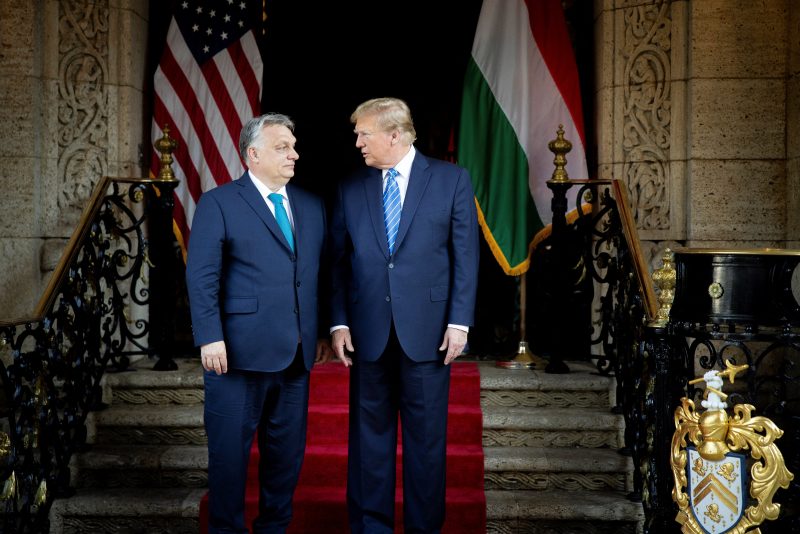In a much-discussed event, former President of the United States, Donald Trump, had a meeting with Hungarian Prime Minister Viktor Orban. The meeting between these two controversial figures has sparked debates and raised concerns globally.
The encounter between Trump and Orban holds significant implications for both domestic politics and global affairs. Trump, known for his unconventional approach to diplomacy and leadership style during his time in office, has maintained a close relationship with various world leaders despite criticism both domestically and internationally. Orban, on the other hand, is a polarizing figure known for his nationalist and authoritarian tendencies, which have drawn criticism from human rights organizations and the European Union.
The meeting between Trump and Orban has fueled speculation about the potential implications for both countries and the global arena. Orban’s government has been accused of undermining democracy, cracking down on press freedom, and flouting human rights standards. The meeting with Trump, a figure who has also been accused of undermining democratic norms and challenging the rule of law, raises concerns about the potential alignment of these two leaders and the impact on democratic values and institutions.
Trump’s meeting with Orban has fueled discussion about the shifting dynamics of global politics and the rise of populist and authoritarian leaders. The meeting reflects a broader trend of populist leaders forging alliances and challenging established norms and institutions. The close relationship between Trump and Orban signals a potential alignment of interests and values that may have far-reaching consequences for global governance and democracy.
The meeting between Trump and Orban also raises questions about the future direction of US-Hungary relations and the implications for transatlantic cooperation. The United States and Hungary have been longstanding allies, but Orban’s drift towards authoritarianism and growing closeness with Russia and China have strained relations with traditional Western partners. The meeting with Trump, a figure known for his disruptive approach to foreign policy, may signal a shift in US-Hungary relations and a realignment of interests in the region.
In conclusion, the meeting between Donald Trump and Viktor Orban has sparked debates and raised concerns about the implications for democracy, global governance, and transatlantic relations. The close relationship between these two controversial figures reflects broader trends in global politics and underscores the challenges facing democratic values and institutions in an era marked by the rise of populist and authoritarian leaders. The repercussions of this meeting are likely to be seen in the coming months and may have lasting effects on the international order.

